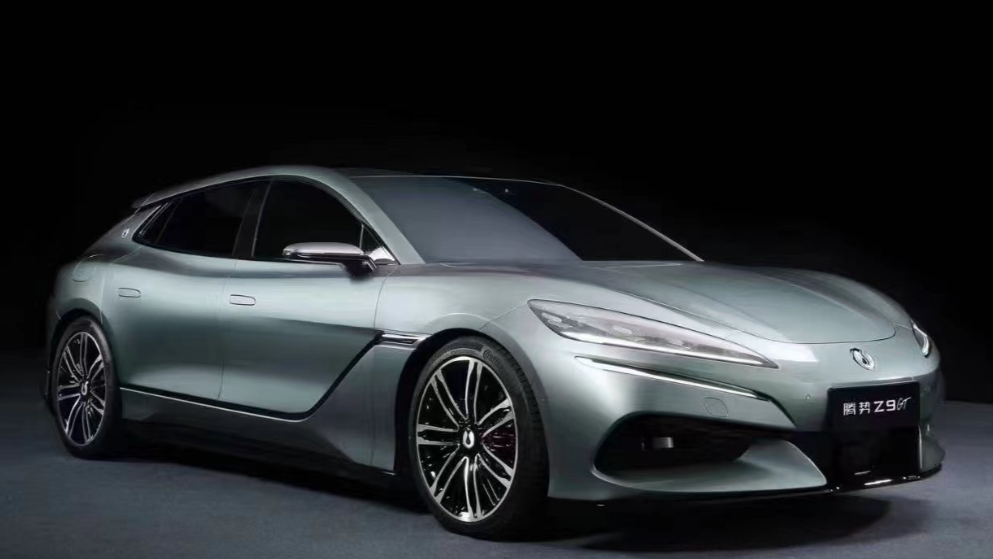BYD, a prominent Chinese electric vehicle (EV) maker, has unveiled its latest offering, the Denza Z9GT sedan, at the Beijing auto show, signalling its foray into the premium EV market segment. This move represents a significant shift in strategy, as BYD transitions from a low-cost automaker to a formidable competitor in the luxury vehicle space.
A decade of collaboration
The Denza Z9GT is the culmination of BYD’s perseverance with its premium brand, Denza, even after Mercedes-Benz reduced its stake in their joint venture. Despite facing challenges, BYD persisted in developing Denza vehicles, leveraging its technological capabilities to drive innovation and growth.
Challenging traditional notions of luxury
Denza’s General Manager Zhao Changjiang emphasised that luxury in the modern era is defined not by logos but by technology. This shift reflects the changing dynamics of the automotive industry, where advanced features and intelligent technologies take precedence over traditional markers of luxury.
Navigating a competitive landscape
The Denza Z9GT enters a crowded domestic market amidst a price war, while overseas, Chinese EVs face scrutiny over perceived overcapacity. However, Denza’s success is crucial to BYD’s global aspirations, positioning the company as a formidable contender against established players like Toyota and Volkswagen.
Driving profitability through premiumisation
BYD’s premium push aims to enhance profitability amid shrinking margins in mainstream models. Denza’s D9 model, known for its profitability, underscores the potential for premiumisation to drive financial success in the increasingly competitive EV market.
Technology as the key differentiator
BYD’s premium vehicles boast cutting-edge features, including nappa leather seats, crystal-embedded gear sticks, and advanced driving assistance systems. These innovations, coupled with designs led by industry veterans, differentiate Denza’s offerings from conventional luxury brands.
Price competitiveness and cost control
BYD’s cost control measures allow for greater innovation and flexibility in pricing, giving the company a competitive edge over legacy automakers struggling with EV profitability. This approach enables BYD to offer premium features at competitive prices, enhancing the appeal of its vehicles in the market.
Adapting to market dynamics
Denza’s experience with the N7 model highlights the importance of agility in responding to market demand and competition. By introducing a revised version with additional features at a lower price point, Denza demonstrates its commitment to driving volume sales growth despite initial challenges.
BYD’s entry into the premium EV segment represents a strategic evolution in its automotive business, marked by technological innovation, price competitiveness, and a focus on consumer preferences. As Chinese automakers continue to disrupt the global automotive landscape, BYD’s transformation from collaboration to competition underscores the industry’s dynamic nature and the imperative for constant adaptation and innovation.



